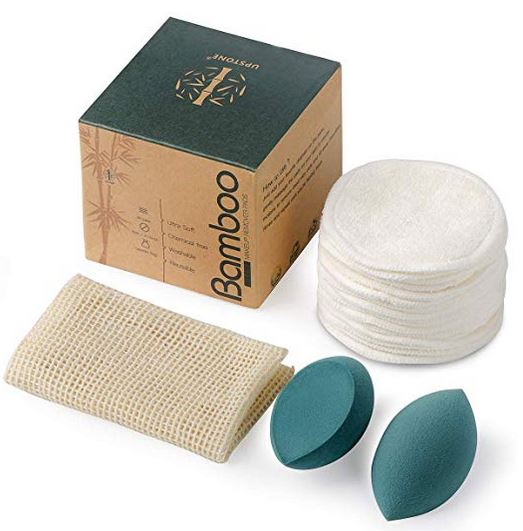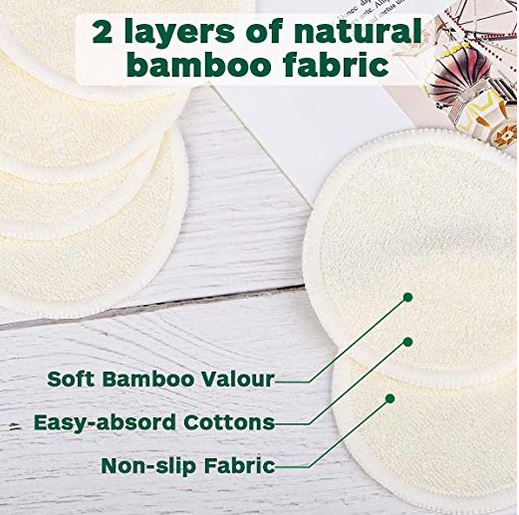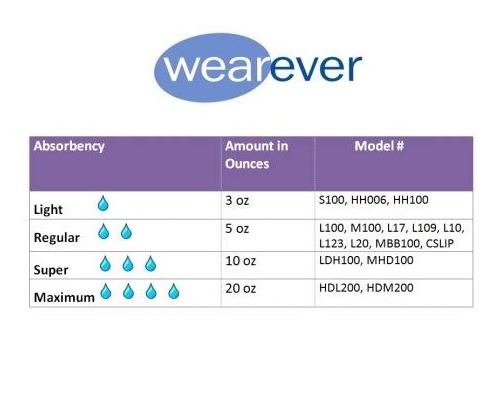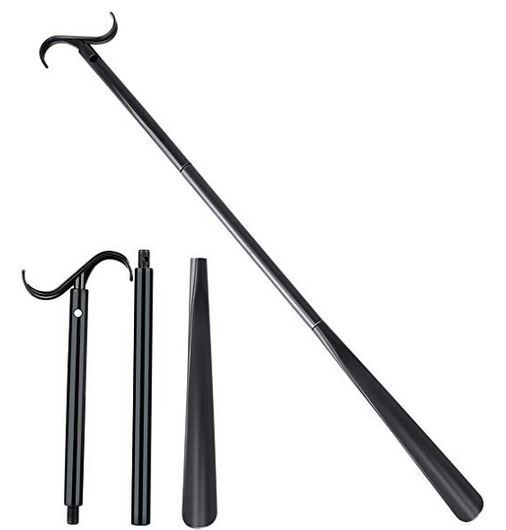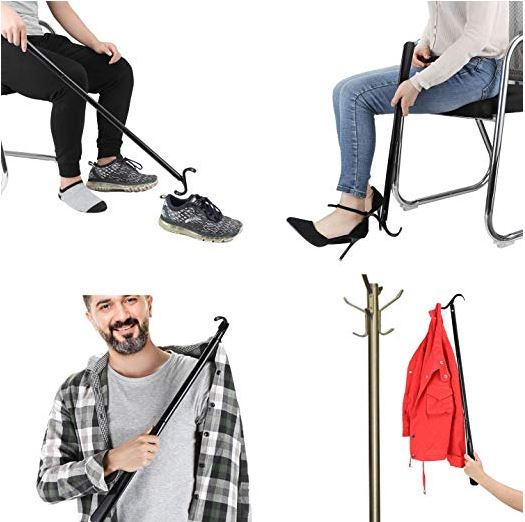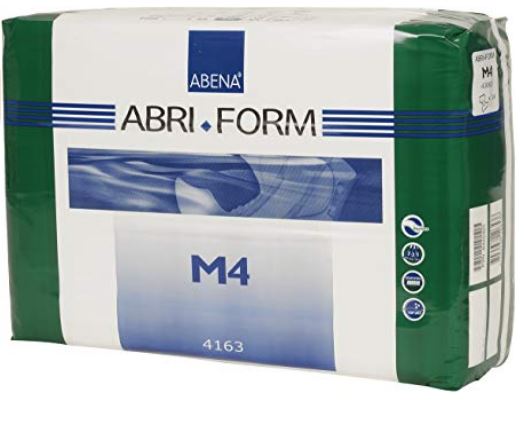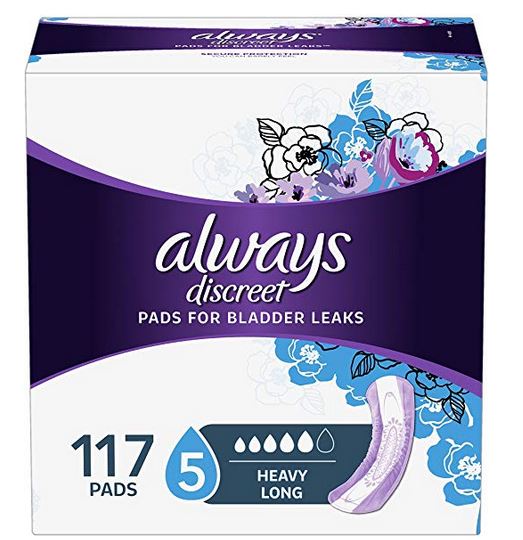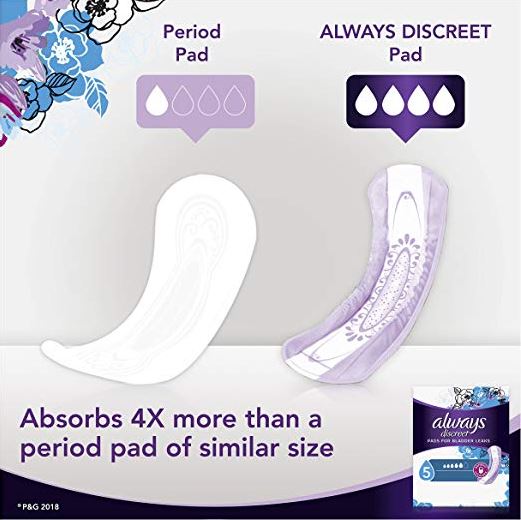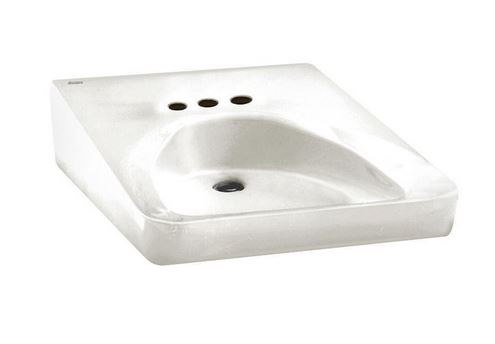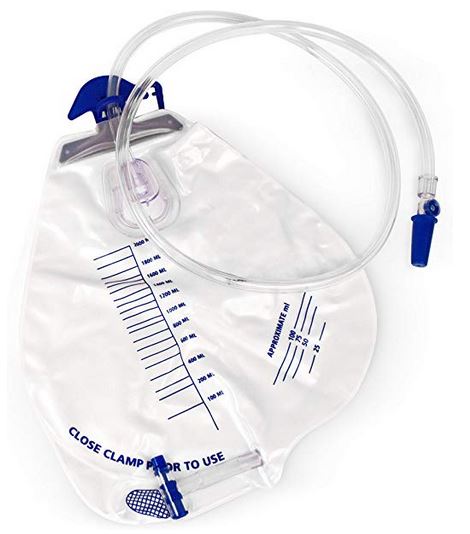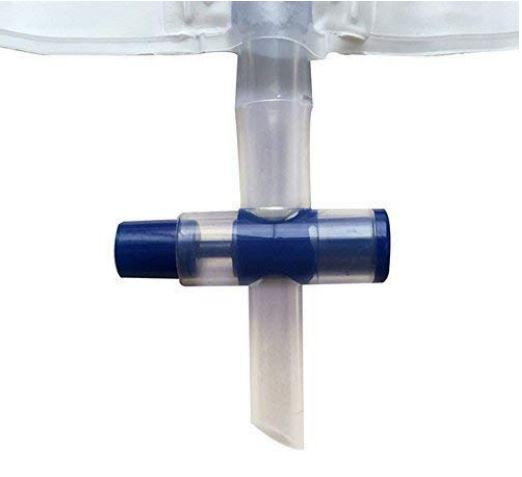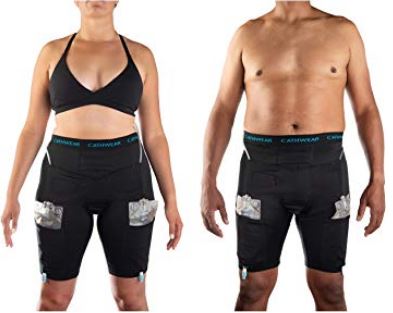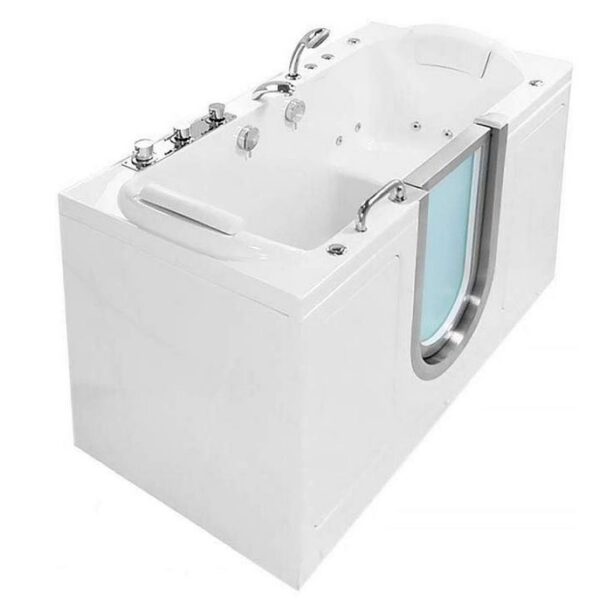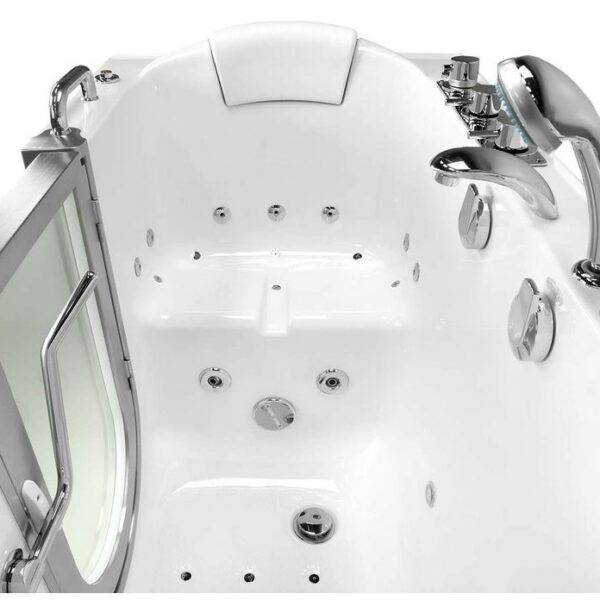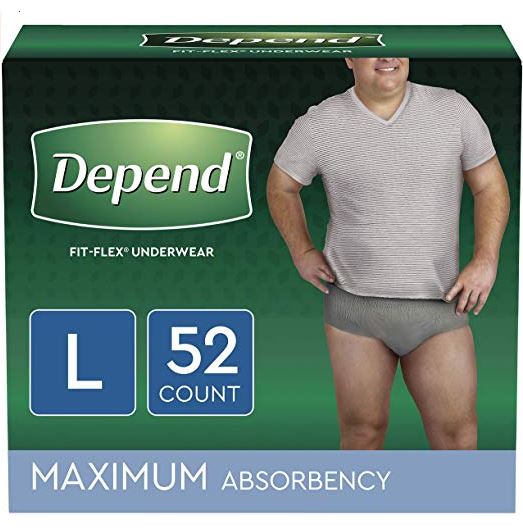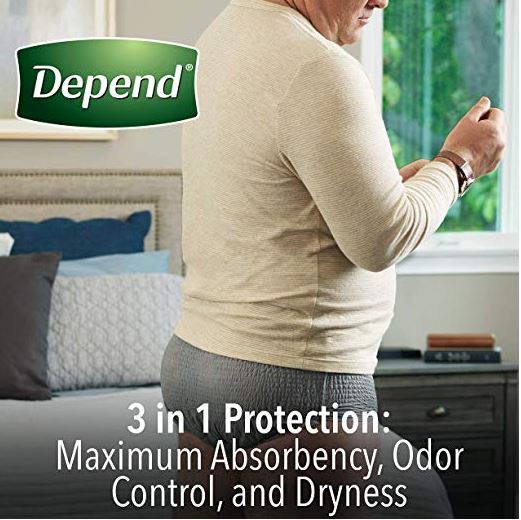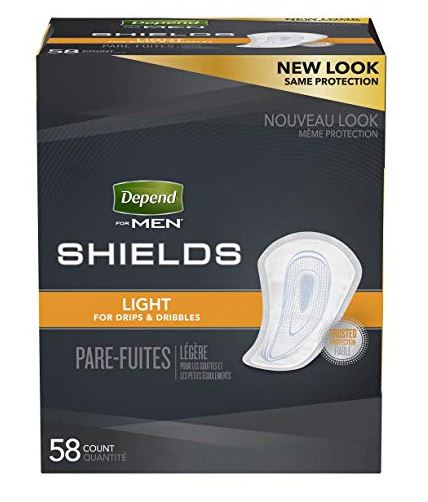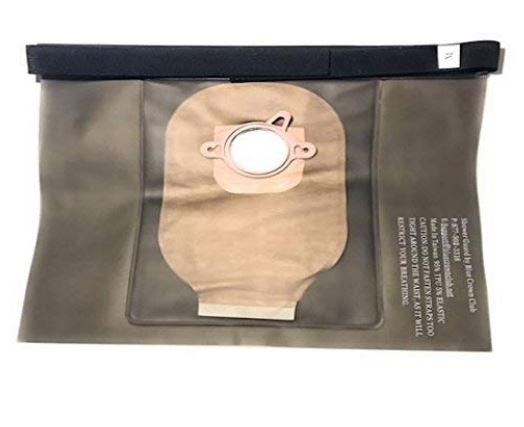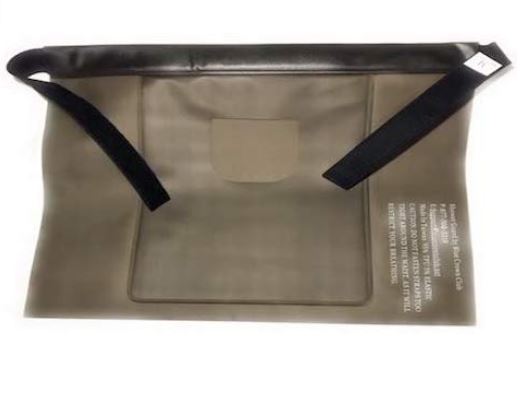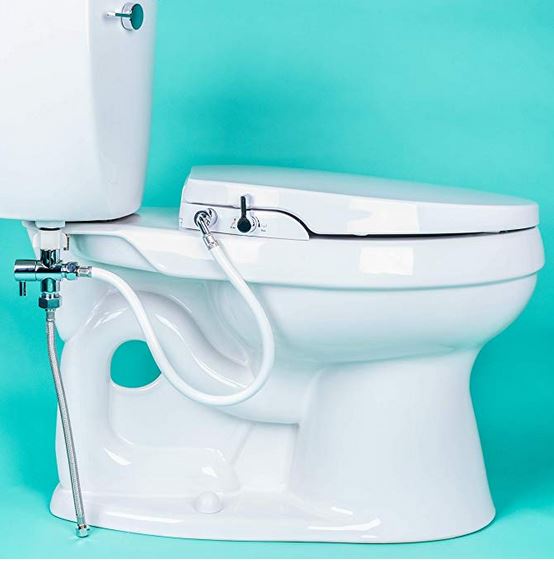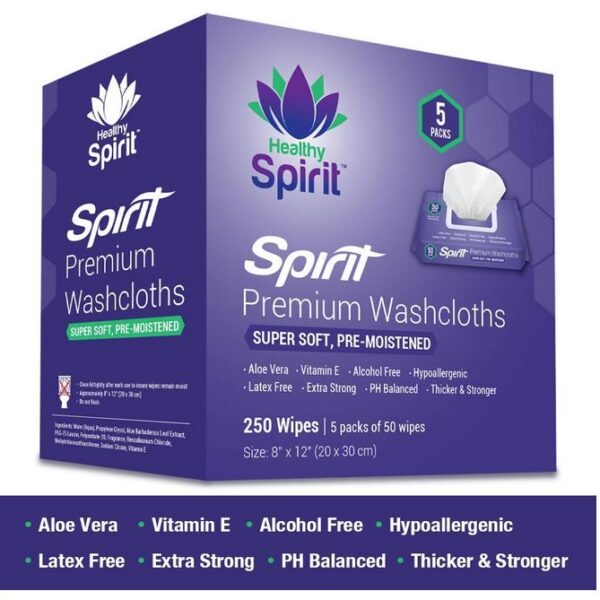It is important for a person to maintain good grooming and hygiene as they age. The duties of many home care aides include assisting with grooming and hygiene tasks.
Grooming impacts health, appearance, social interactions, and feelings of self-worth.
Hygiene impacts physical health. Poor hygiene can result in illness, odors, uncomfortable infections, and skin complaints.
Home Care Aides assisting with grooming and hygiene for seniors generally focus on the following areas:
Grooming
- Hair care – cutting, washing, brushing, combing
- Nail care – cutting, trimming, filing, cleaning
- Skin care – eating properly, cleaning moisturizing, sore care
- Shaving – reaching and shaving where necessary, cleaning up
- Dressing – selecting clothes, putting on and taking off clothes, buttoning, zipping, clasping, and tying
Hygiene
- Hands hygiene – washing hands
- Nail hygiene – cleaning under nails
- Bathing and showering – washing and rinsing
- Incontinence hygiene – regularly removing soiled shields, pads, and undergarments, properly disposing of items or putting them in the wash, cleaning genital areas, putting on new clean shields, pad, and/or undergarment, and washing hands thoroughly afterwards.
- Toilet hygiene – Wiping after toileting, washing hands and soiled body parts and clothing, properly disposing of pads and paper
- Mouth care (teeth and gums) – brushing teeth, flossing
- Sickness hygiene – covering mouth, washing hands, wiping surfaces, not sharing utensils, disposing of soiled tissues
Many people face physical limitations with age. Overcoming those limitations takes on certain importance in maintaining independence, and some may need to rely on others for their basic needs.
With grooming and hygiene, having the right knowledge, equipment, and products can be the primary determinant of this independence. Often it can be the difference between the seniors being able to take care of themselves and needing to rely on others.
There are many affordable, products and easy-to-use pieces of equipment available today to help overcome a variety of physical limitations in addressing grooming and hygiene needs. Using them while assisting with grooming and hygiene tasks can make things easier.
Assistance from Home Care Aides
The National Caregivers Library offers many great tips for caregivers to assist with grooming and personal hygiene. Click the link shown for more information on some of the topics summarized below.
Grooming
Hair Care Tips
- Keep hair short and in an easy-care style.
- Wash hair in the kitchen sink if the tub or shower is too difficult.
- Consider using one of the dry shampoo products found in drug stores if hair washing is impossible.
- If hair must be washed in bed, you can make a simple device to catch the water by making a U-shaped towel pad and putting it inside a large plastic bag. Place the open end of the U over the edge of the bed where it can drain into a bucket
Skin Care
People who are ill or who must stay in bed or in a wheelchair are at risk for pressure ulcers, sometimes called bed sores. Pressure ulcers are a serious problem, but in most cases they can be prevented by following the steps listed here.
- Make sure the person is eating a healthy diet and getting plenty of fluids. Well-nourished skin is healthier and less likely to break down.
- Keep the skin clean and dry.
- Clean off urine or feces immediately with soap and water. Wear disposable latex gloves.
- Use disposable bed pads to keep the linen dry, if the person is incontinent. If eligible for Medicaid, Medicaid will pay for incontinence supplies; ask the person’s physician for a prescription. Be sure the pharmacy you use will accept Medicaid payment for supplies.
- Check the skin regularly for red areas. Make this a routine part of bath time.
- Every 2 hours change the position of a person who is bed or wheelchair-bound.
- Avoid dragging the person when you move them in bed. Friction can cause skin breakdown.
- Apply lotion to dry skin regularly (except between the toes where it can cause fungal growth.) Give a light massage while rubbing in the lotion.
- If eligible for Medicaid, Medicaid may cover the cost of appliances with a doctor’s prescription. Be sure to ask.
Shaving
- Use an electric shaver when shaving another person; it is safer and easier.
- Put dentures in the person’s mouth before shaving him.
- Have him in a sitting position if possible.
Dressing
- Be flexible. Wearing a bra or pantyhose may not be important to her, especially if it is an added hassle.
- Allow enough time for the person to do as much as they can for themselves. If they can put clothing on but only need help for buttons or shoes, give them time to do it.
- Let the person choose what to wear. You can lay out two choices to simplify this for someone who is confused.
- Be sure shoes or slippers are well-fitting and do not have gum soles, which can cause people to trip.
- Consider easy-to-use clothes with large front fasteners (zippers or Velcro,) elastic waistbands and slip-on shoes. This type of clothing is available through health product catalogs.
- To minimize the stress on a person’s weak side, put the painful or weak arm into a shirt, pullover or jacket before the strong arm. When taking them off, take out the strong arm first.
Hygiene
General Tips For Bathing
Encourage the person to bath themselves as much as possible.
- If bathing is difficult, do it only as often as necessary.
- Most people do not need a daily bath. Do make sure that the hands, face, and genital area are washed every day.
- Have supplies ready before starting a bath.
- Keep the room comfortably warm.
- Respect the person’s privacy. Keep them covered when possible.
- Wear latex gloves any time that you may come into contact with bodily fluids or feces.
If The Person Is Able To Get Into A Tub Or Shower:
- Install grab bars.
- Use a non-slip bath mat.
- Ask them to sit on the edge of the tub. Then put both of their legs into the tub prior to standing up.
- Reverse the process when they are getting out.
If The Person Can’t Sit Down Into The Tub:
- Obtain a tub bench.
- Install a hand-held shower attachment.
Bed Baths
If the person is bed or wheelchair-bound, a bed bath may be the best option. Some home care aides perform this function, and can teach the senior or another caregiver how to do it.
Medicare or Medicaid may cover the costs of help with bed baths. Ask the doctor about this.
Mouth Care
- Clean teeth at least once a day.
- Check dentures regularly for cracks.
- Remove dentures for cleaning and store in liquid when out of the mouth.
- Have dentures checked if they aren’t fitting properly (a common cause of eating problems).
Below is a sampling of products and equipment that are designed to help you to complete grooming and personal hygiene tasks for a longer period of time. Click on the links to find out more information, see other products selections, and if you like, to make a purchase from one of our providers.
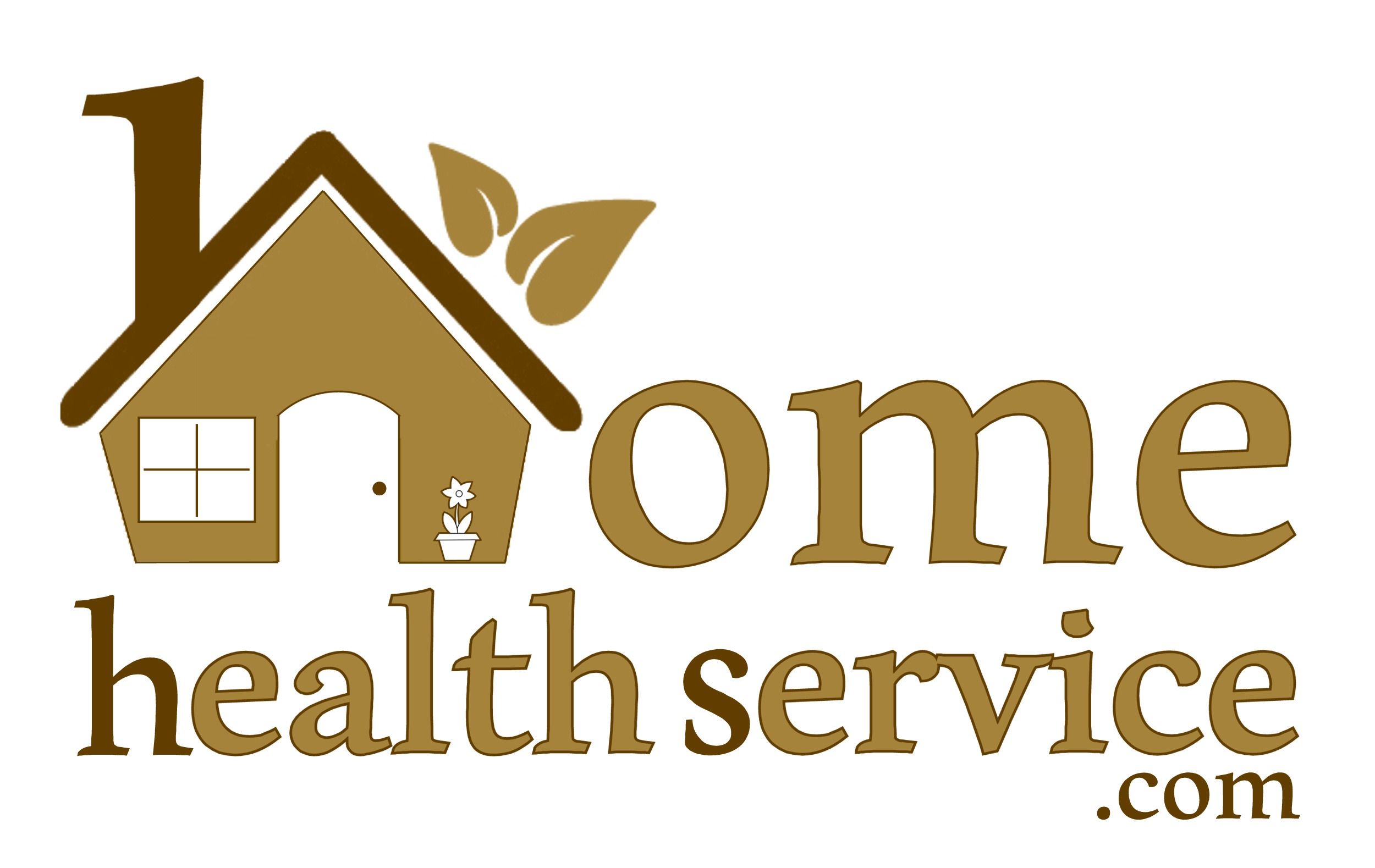

 Personal Development Goals
Personal Development Goals

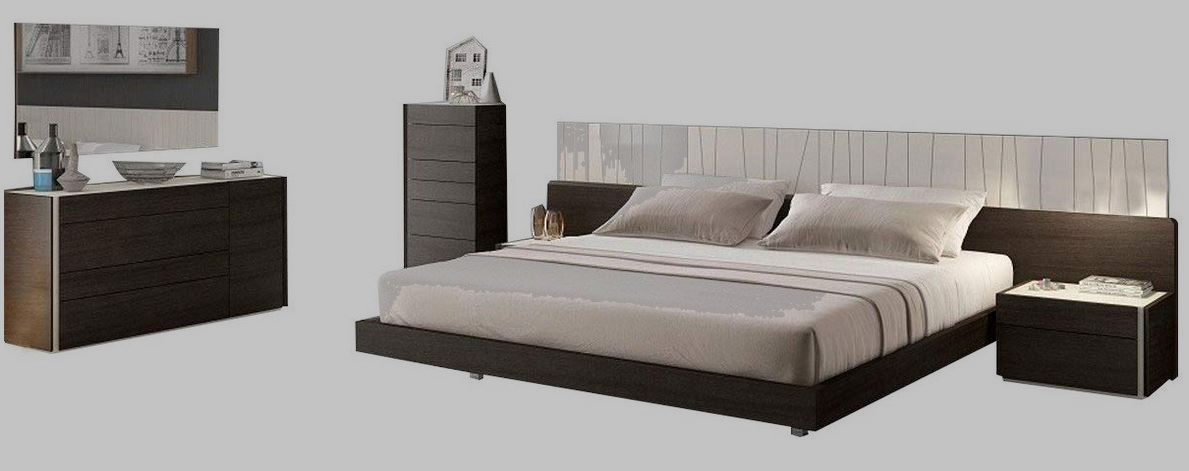 Bedrooms Designed for Aging in Place
Bedrooms Designed for Aging in Place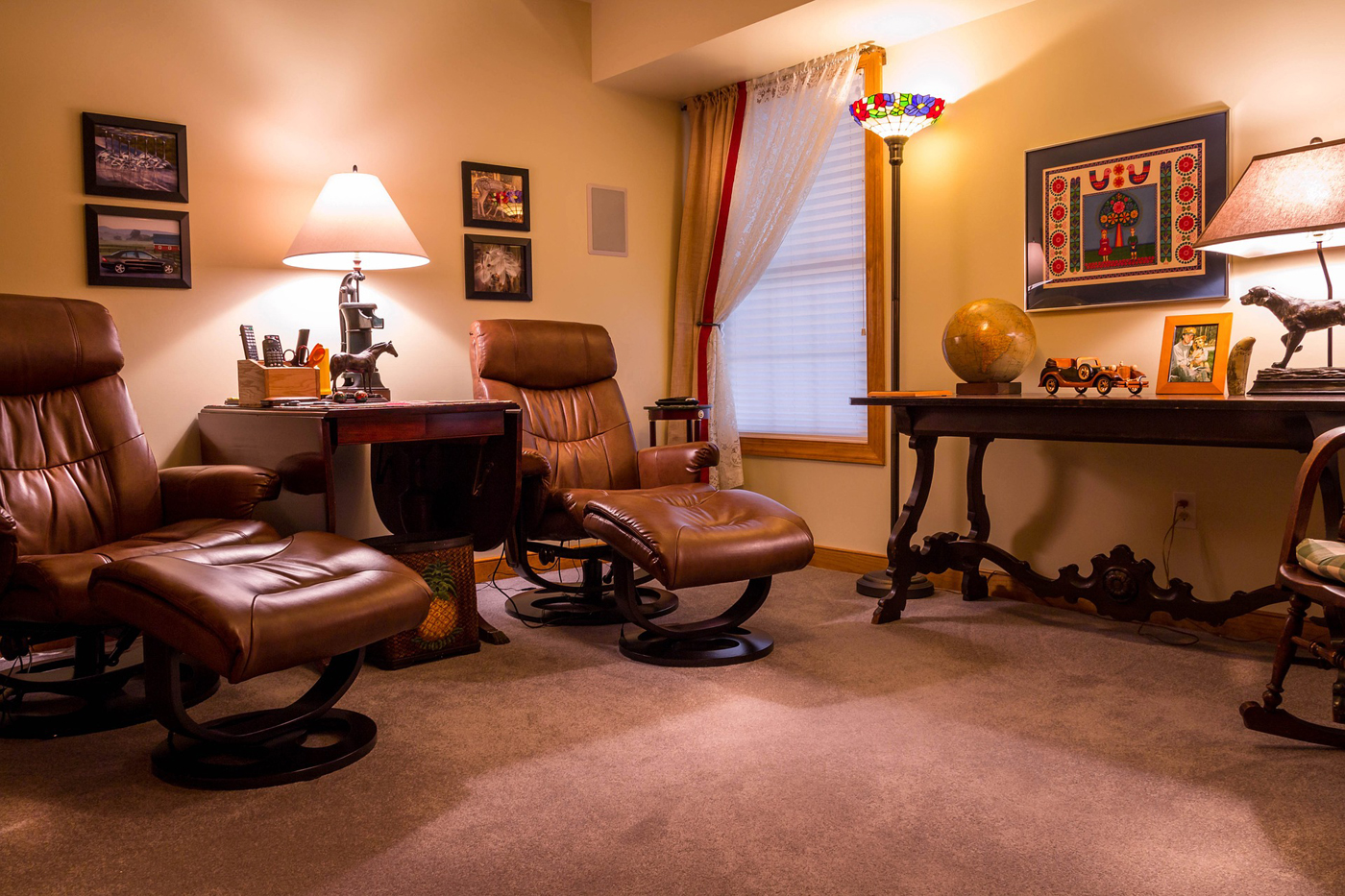 Furniture
Furniture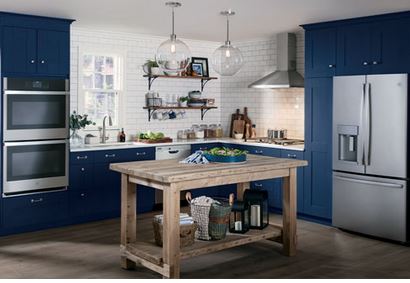 Kitchens Designed for Aging in Place
Kitchens Designed for Aging in Place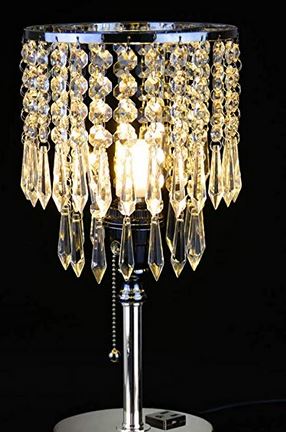 Lighting and Light Switches
Lighting and Light Switches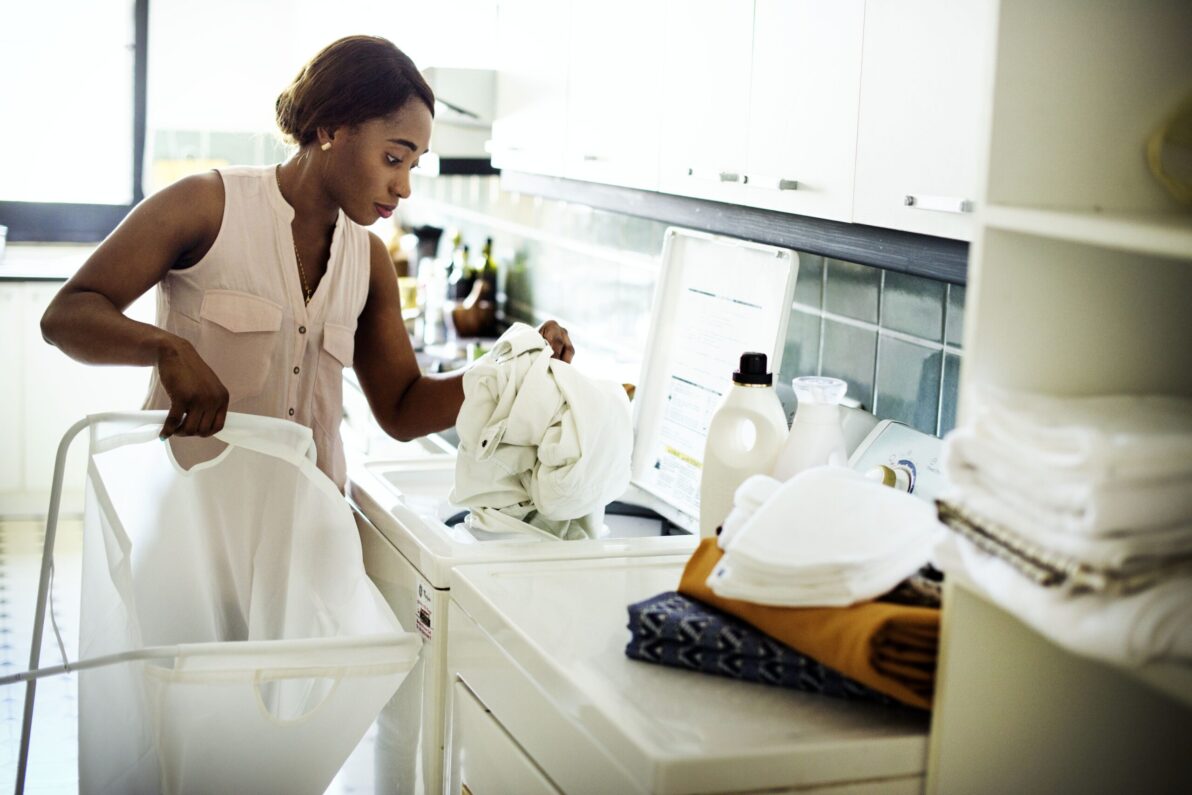
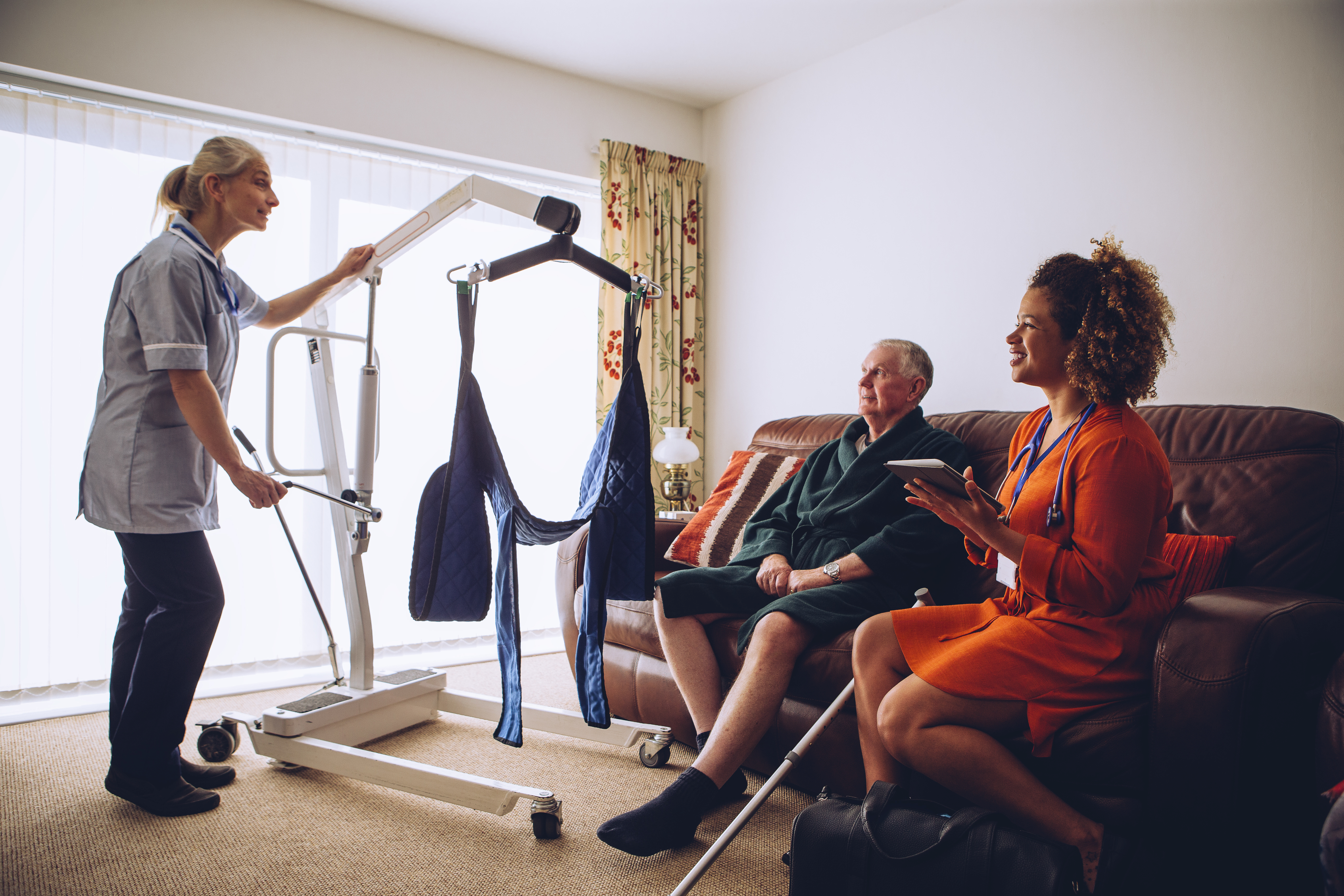 Assisting With Functional Mobility
Assisting With Functional Mobility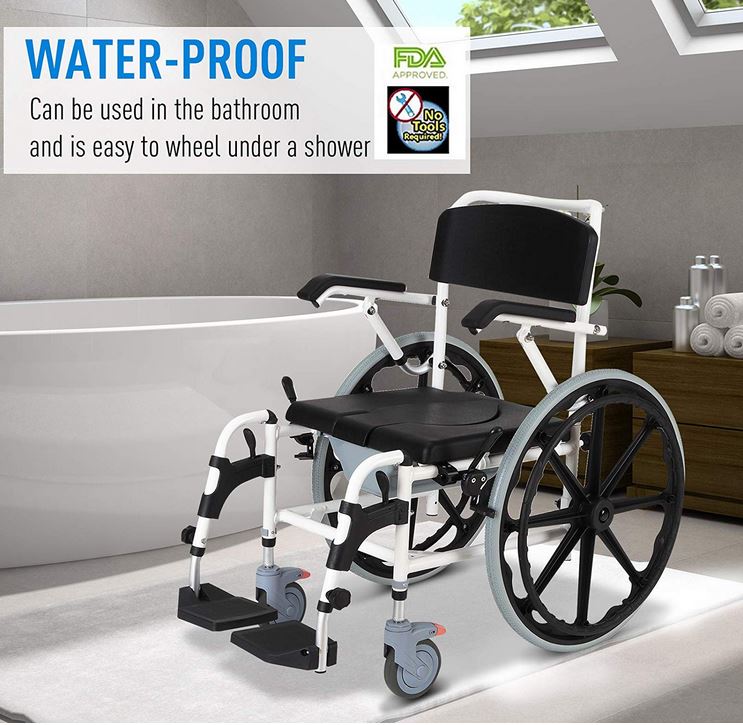 Bath and Shower Mobility Aids
Bath and Shower Mobility Aids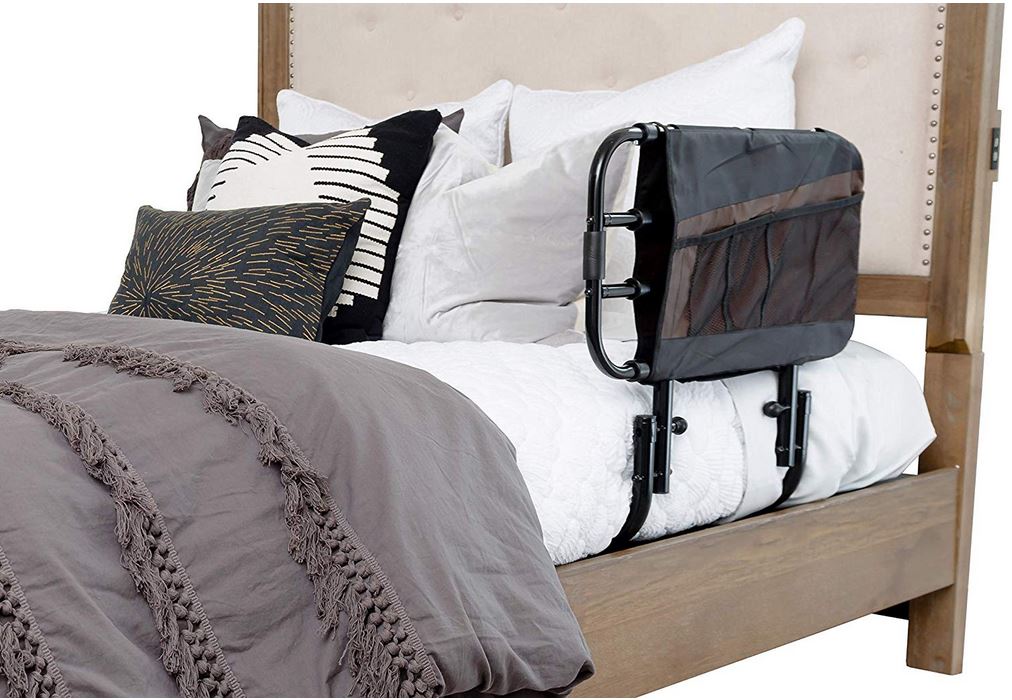 Bedroom Mobility Aids
Bedroom Mobility Aids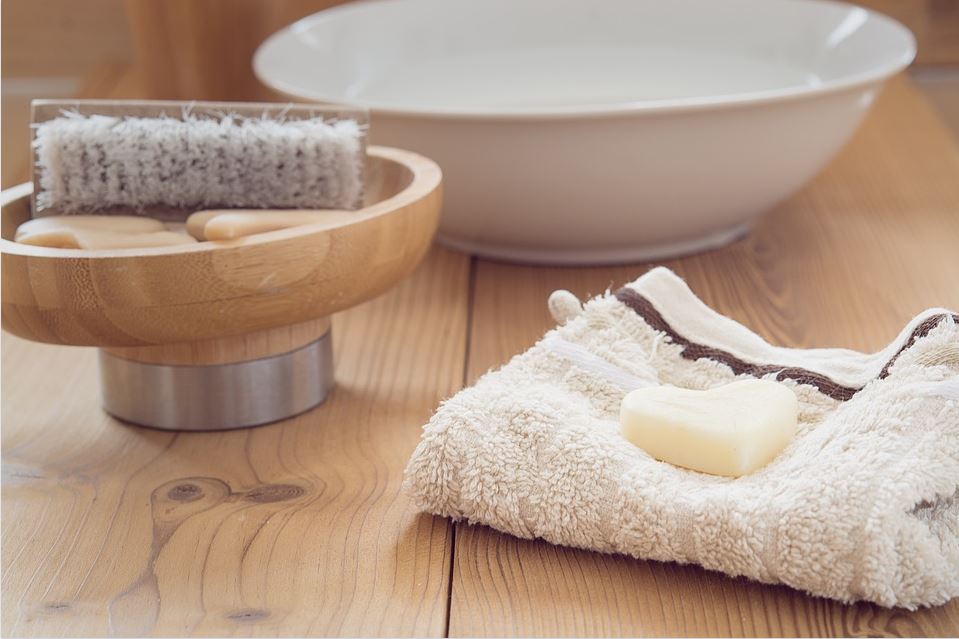 Assisting with Personal Grooming and Hygiene
Assisting with Personal Grooming and Hygiene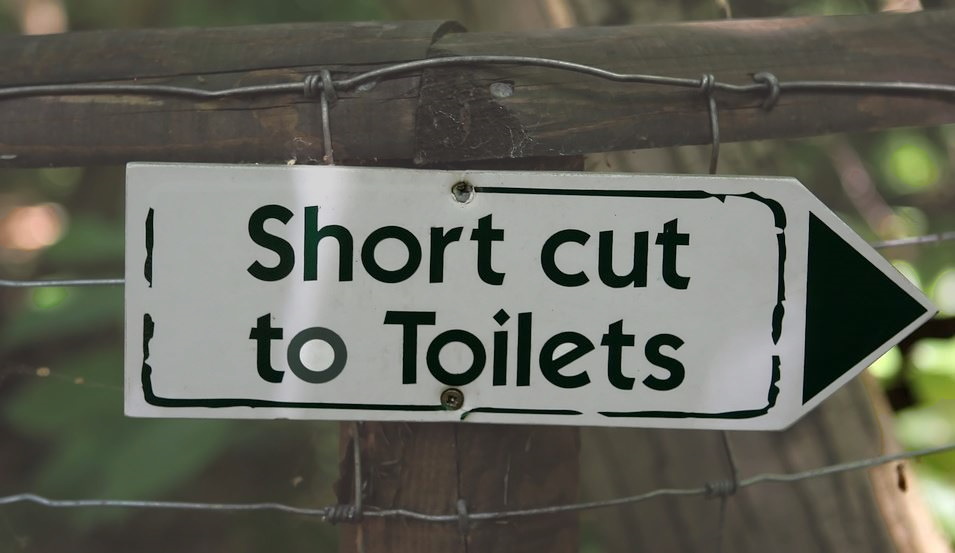 Caring for Someone With Incontinence
Caring for Someone With Incontinence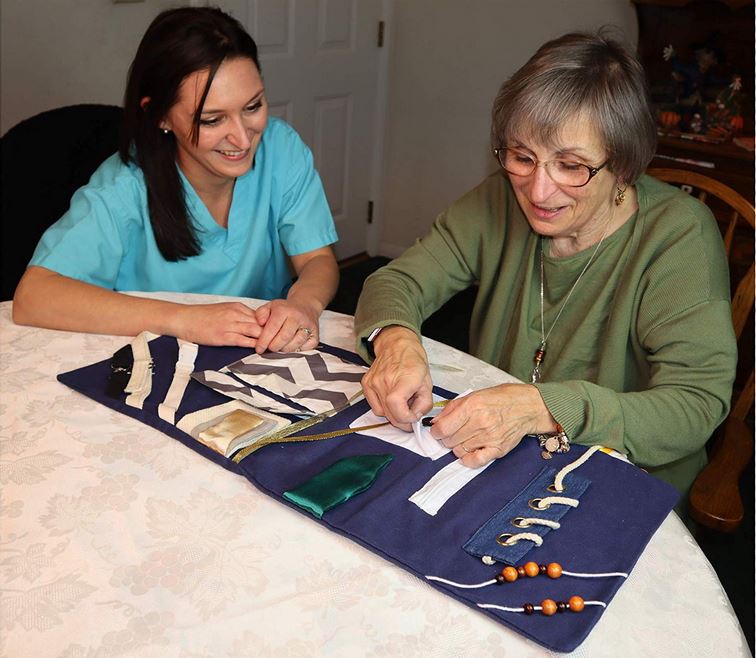 Helping People To Cope with Alzheimer’s and Dementia
Helping People To Cope with Alzheimer’s and Dementia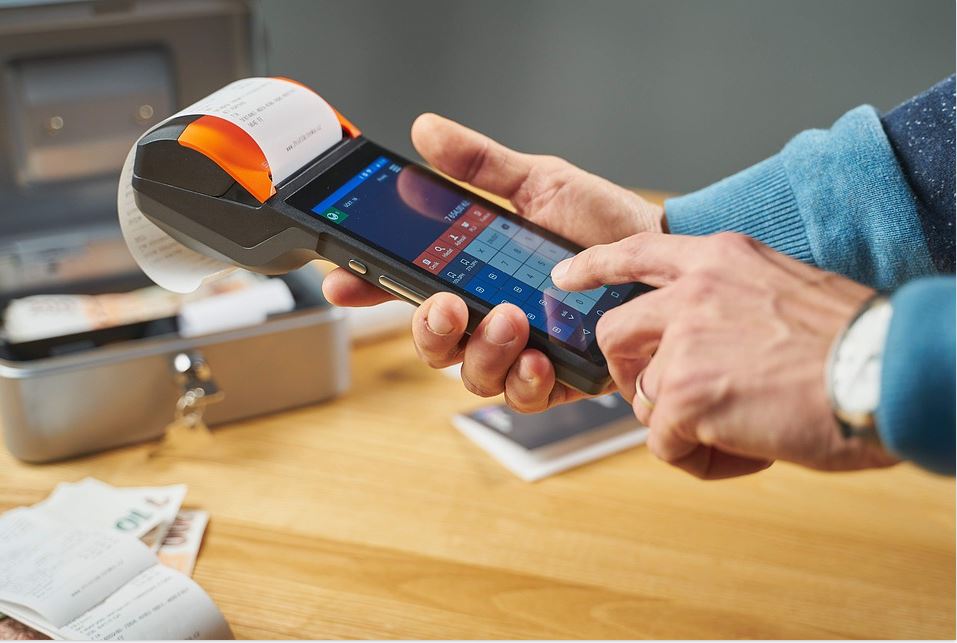 Helping With Bill Paying
Helping With Bill Paying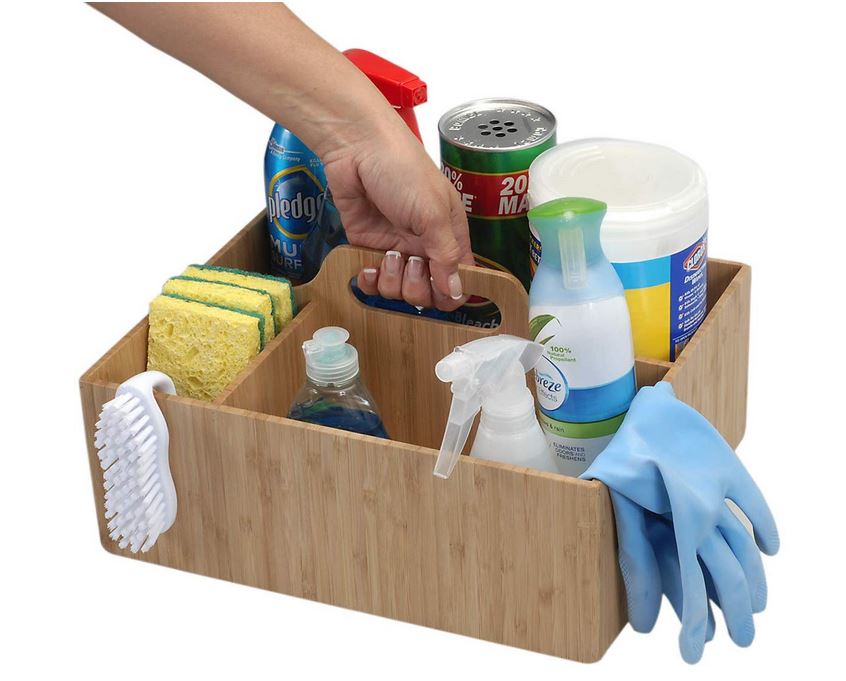 Home Cleaning Services
Home Cleaning Services Offering Companionship
Offering Companionship Providing Medication Reminders
Providing Medication Reminders Providing Transportation
Providing Transportation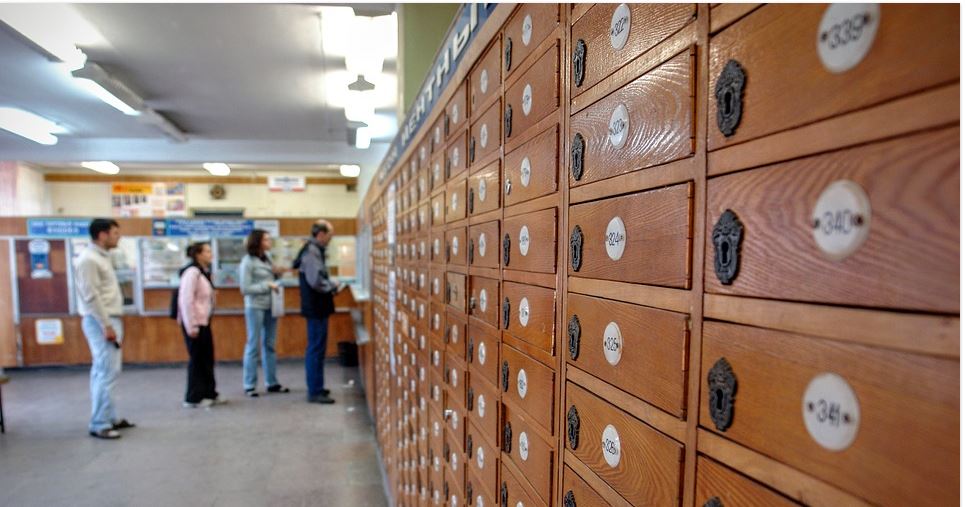 Running Errands
Running Errands
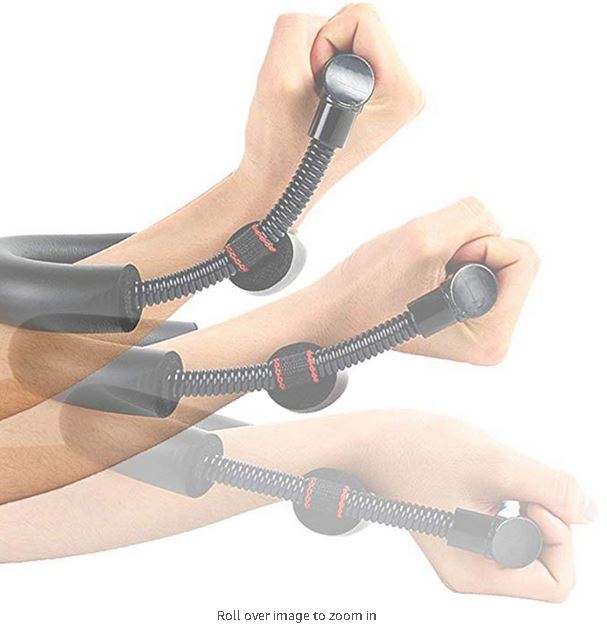
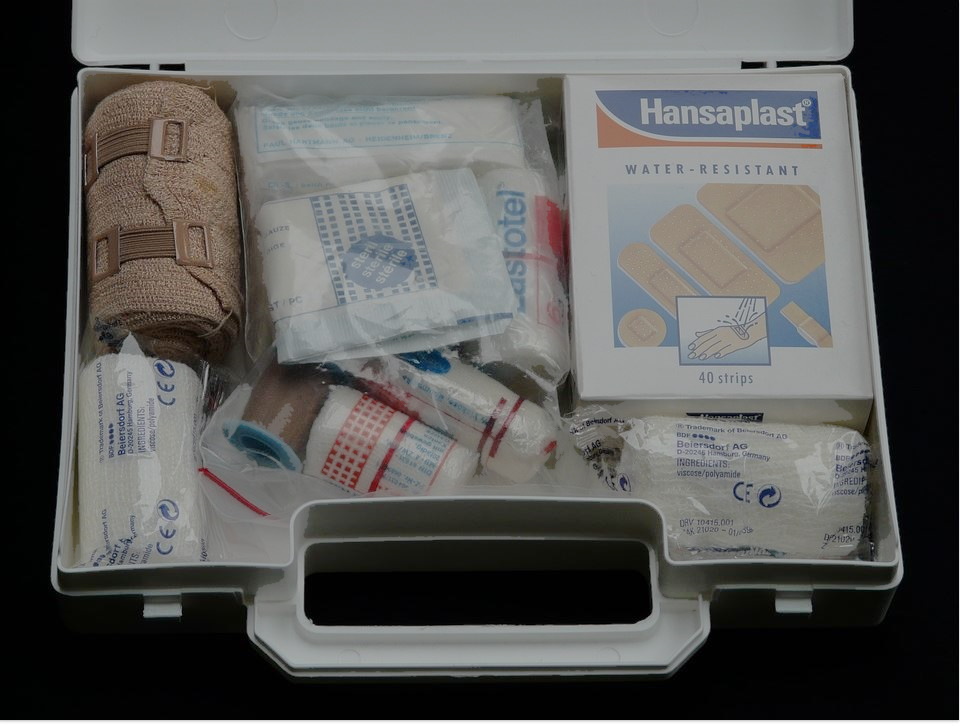 Burn Care
Burn Care Mental Health Rehabilitaion
Mental Health Rehabilitaion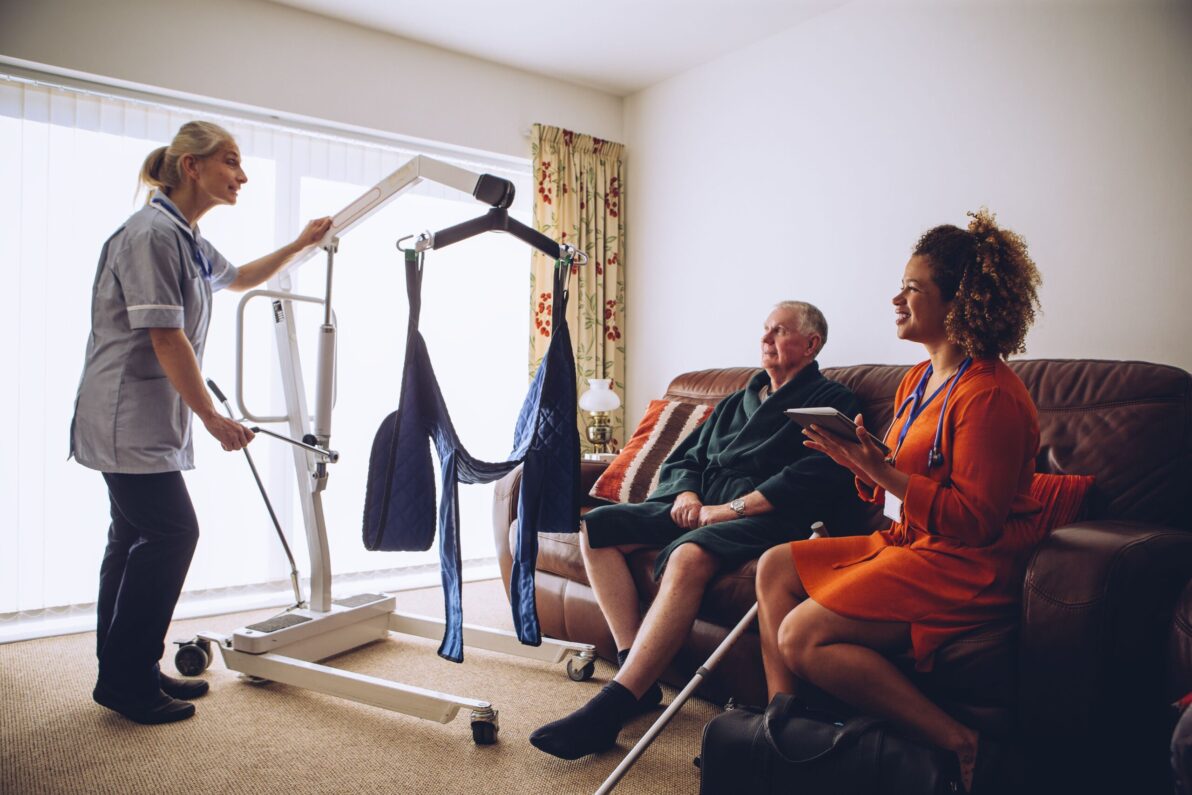
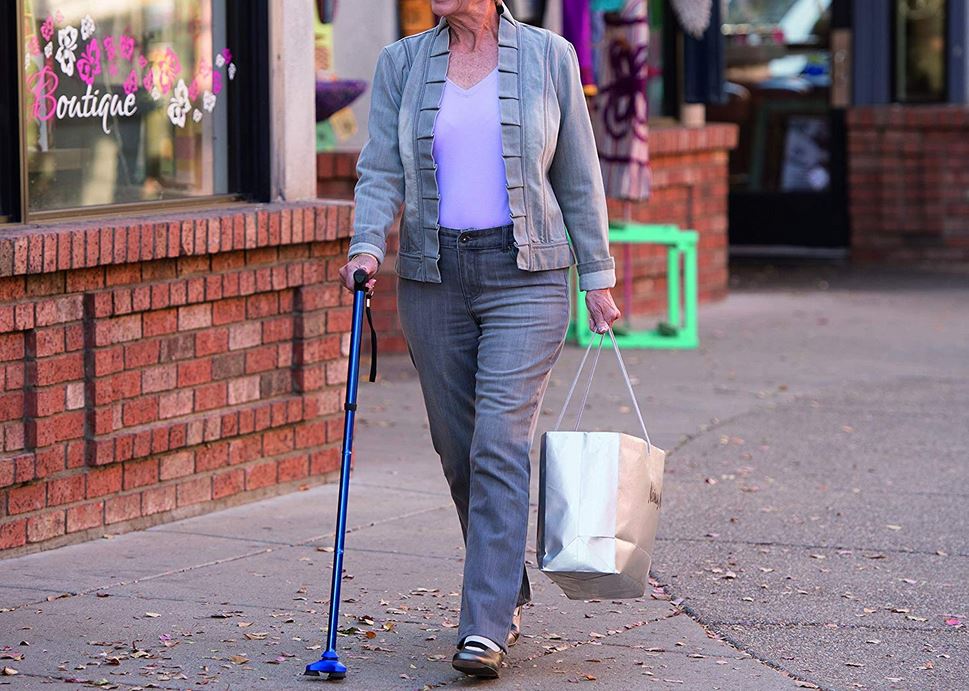 Canes
Canes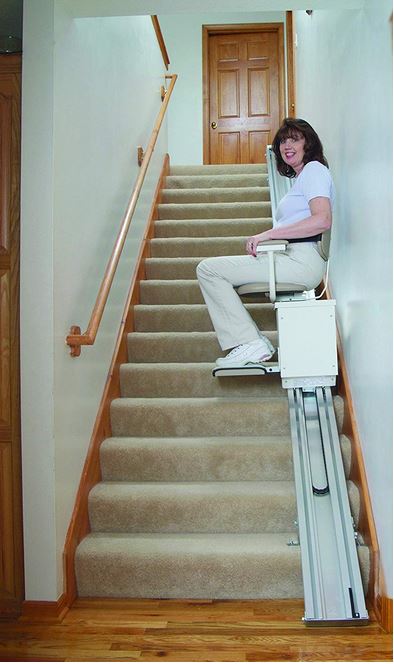 Chair Lifts / Stair Lifts
Chair Lifts / Stair Lifts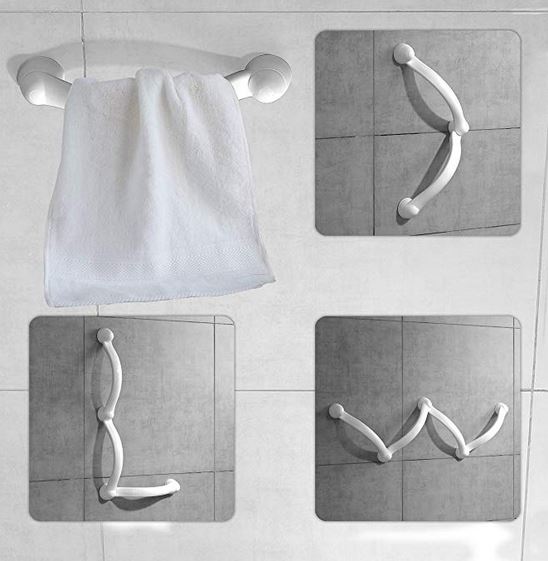 Grab Bars
Grab Bars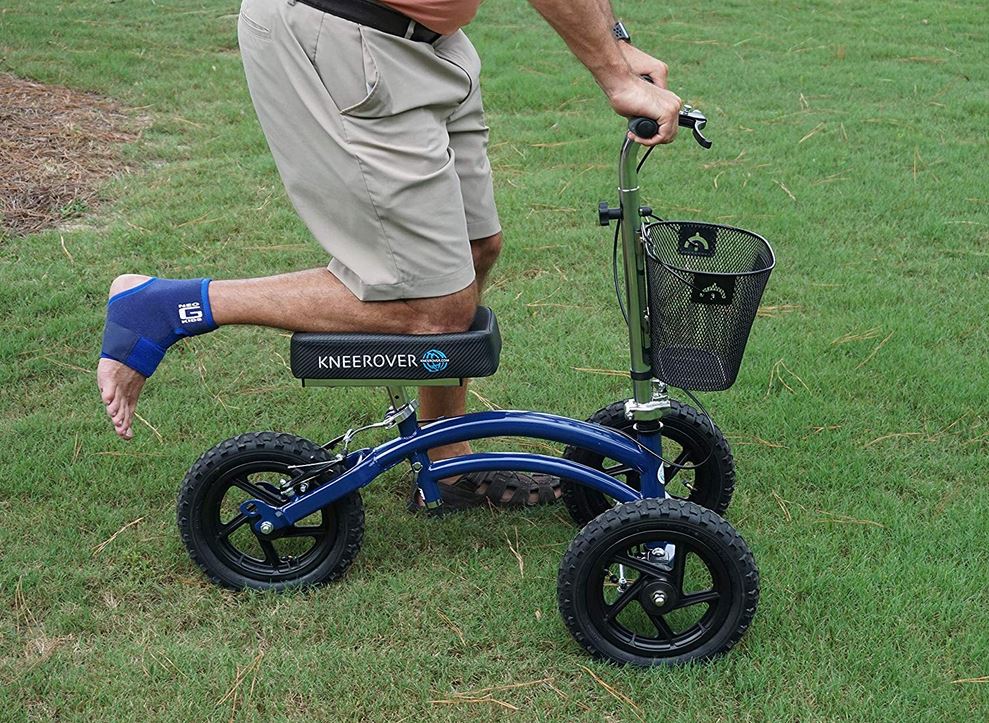 Knee Scooters / Knee Walkers
Knee Scooters / Knee Walkers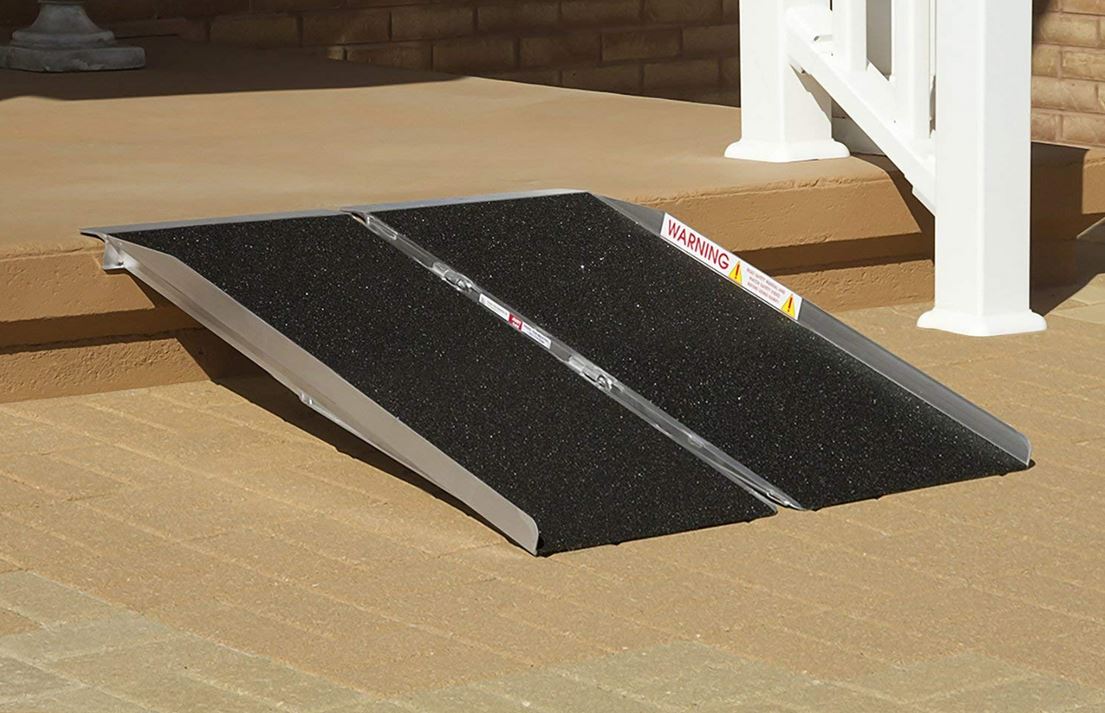 Ramps
Ramps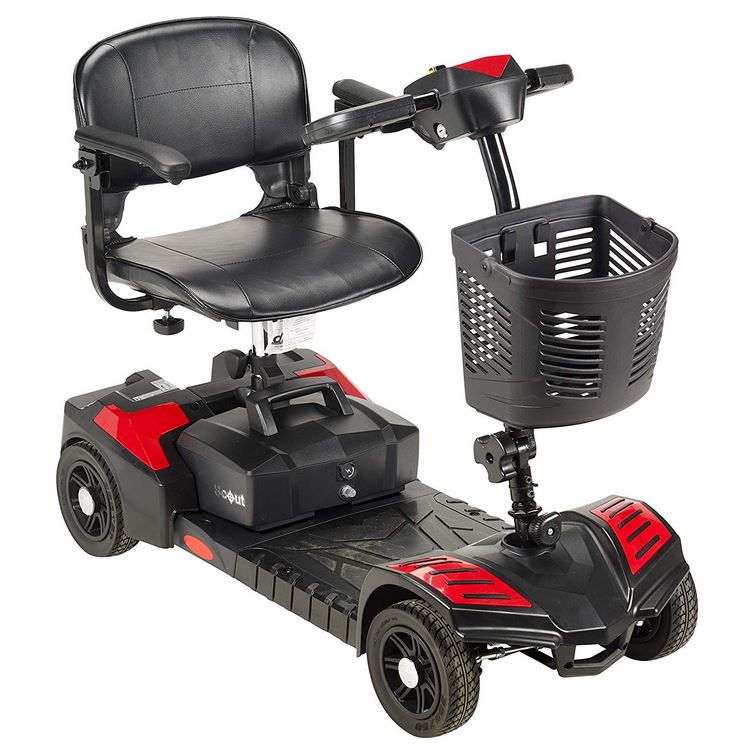 Scooters
Scooters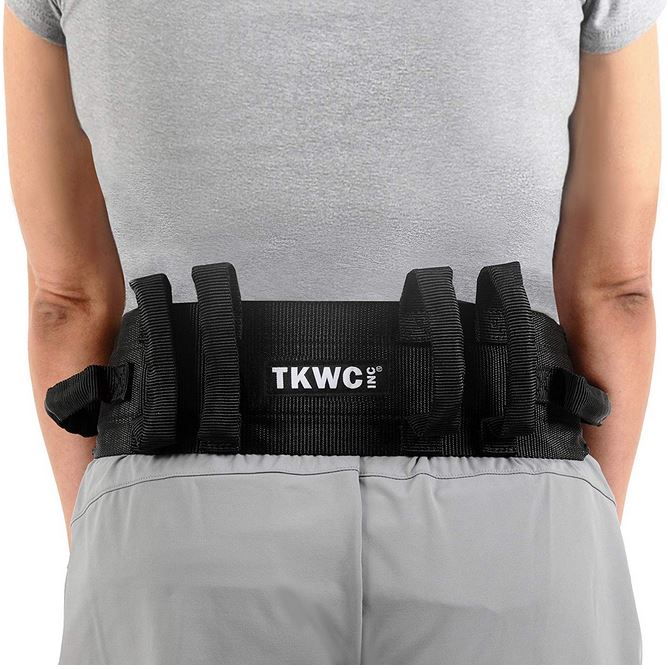 Transfer belts / pads / equipment
Transfer belts / pads / equipment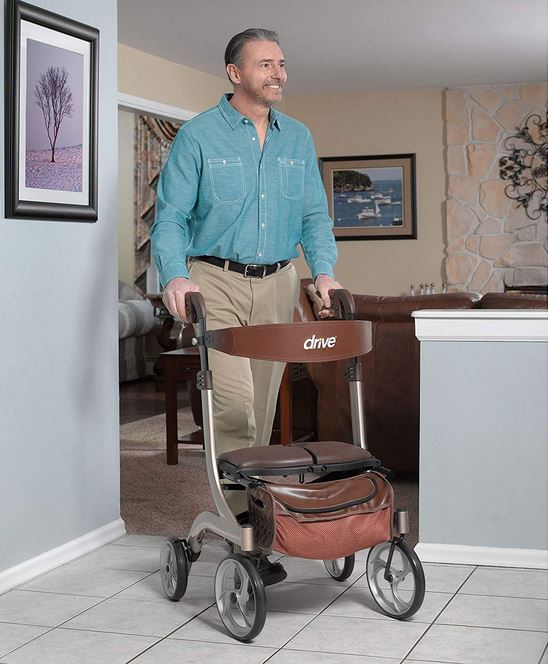 Walkers and Rollaters
Walkers and Rollaters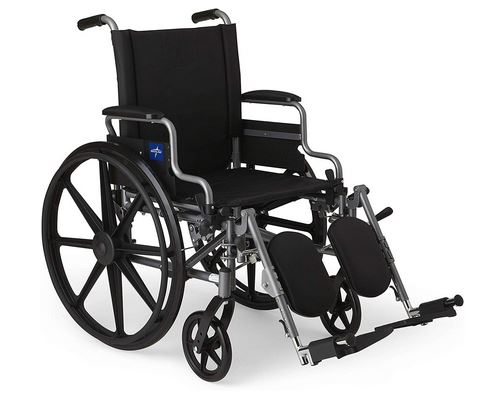 Wheelchairs and Mobile Chairs
Wheelchairs and Mobile Chairs
 Accounting and Tax
Accounting and Tax Books-Seminars-Courses
Books-Seminars-Courses
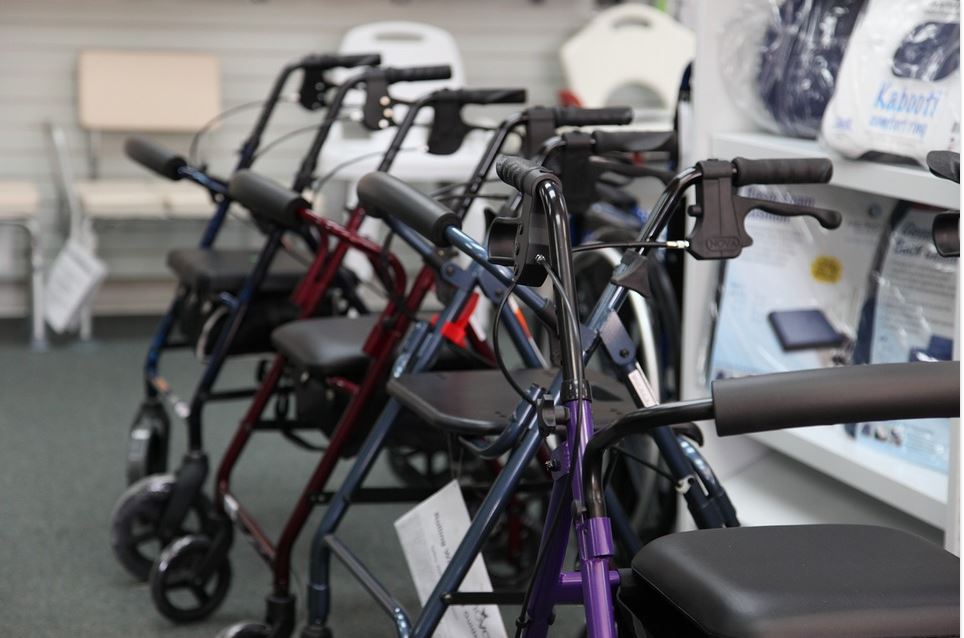 ASSISTED LIVING
ASSISTED LIVING Assisted Living Facilities
Assisted Living Facilities Cohousing Communities
Cohousing Communities Manufactured Housing Communities
Manufactured Housing Communities Naturally Occurring Retirement Communities (NORCs)
Naturally Occurring Retirement Communities (NORCs) Personal Residence LIving Independetly
Personal Residence LIving Independetly Accessory Dwelling Units
Accessory Dwelling Units Continuing Care Retirement Communities
Continuing Care Retirement Communities Multigenerational Households
Multigenerational Households